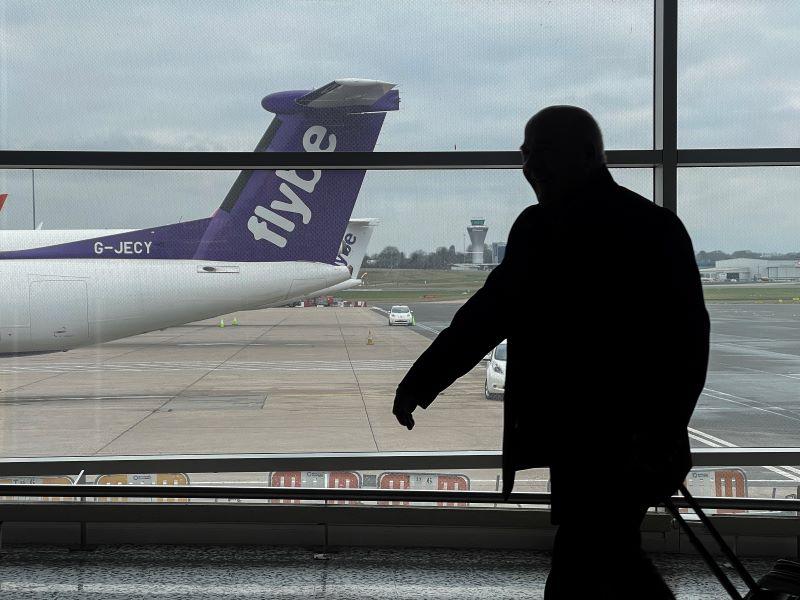Daily Memo: Europe Counts Its 2023 Airline Casualties So Far

Credit: Christopher Furlong / Getty Images
At just a month into 2023, two European carriers—Flybe and Flyr—have already collapsed. Is the much predicted and much delayed pandemic-driven wave of airline casualties finally here? With a Lufthansa deal to buy a minority stake in ITA finally moving forward and two airline collapses within a...
Subscription Required
This content requires a subscription to one of the Aviation Week Intelligence Network (AWIN) bundles.
Schedule a demo today to find out how you can access this content and similar content related to your area of the global aviation industry.
Already an AWIN subscriber? Login
Did you know? Aviation Week has won top honors multiple times in the Jesse H. Neal National Business Journalism Awards, the business-to-business media equivalent of the Pulitzer Prizes.
